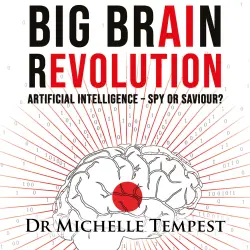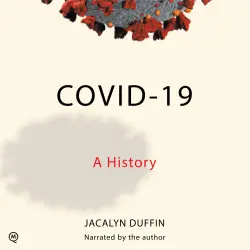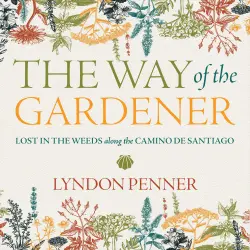
Uncertain Harvest - The Future of Food on a Warming Planet
Ian Mosby
Uncertain Harvest - The Future of Food on a Warming Planet: A menu for an edible future.
Unabridged
13 uur 26 minuten
Opmerking: Er kunnen kosten verbonden zijn aan het afspelen van de audioboeken of hoorspelen op de respectievelijke platforms, bijv. Spotify. Lismio heeft geen invloed op welke luisterboeken en hoorspelen beschikbaar zijn op de service.
Sommige artikelen bevatten affiliate links (gemarkeerd met een sterretje *). Als je op deze links klikt en producten koopt, ontvangen we een kleine commissie zonder extra kosten voor jou. Uw steun helpt ons deze site draaiende te houden en nuttige inhoud te blijven maken. Hartelijk dank voor uw steun!
Van de uitgever
A menu for an edible future.
In a world expected to reach a staggering population of 10 billion by 2050, and with global temperatures rising fast, humanity must fundamentally change the way it grows and consumes food. Uncertain Harvest brings together scientists, chefs, activists, entrepreneurs, farmers, philosophers, and engineers working on the global future of food to answer questions on how to make a more equitable, safe, sustainable, and plentiful food future.
Navigating cutting-edge research on the science, culture, and economics of food, Ian Mosby, Sarah Rotz, and Evan D. G. Fraser present a roadmap for a global food policy, while examining eight foods that could save us: algae, caribou, kale, millet, tuna, crickets, milk, and rice.
In a world expected to reach a staggering population of 10 billion by 2050, and with global temperatures rising fast, humanity must fundamentally change the way it grows and consumes food. Uncertain Harvest brings together scientists, chefs, activists, entrepreneurs, farmers, philosophers, and engineers working on the global future of food to answer questions on how to make a more equitable, safe, sustainable, and plentiful food future.
Navigating cutting-edge research on the science, culture, and economics of food, Ian Mosby, Sarah Rotz, and Evan D. G. Fraser present a roadmap for a global food policy, while examining eight foods that could save us: algae, caribou, kale, millet, tuna, crickets, milk, and rice.










